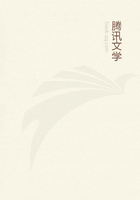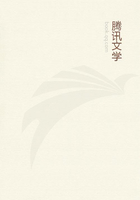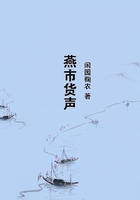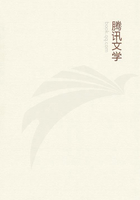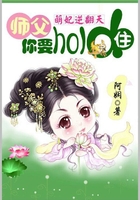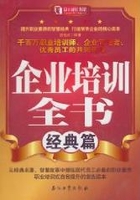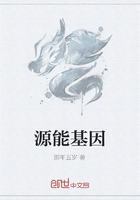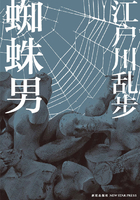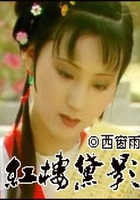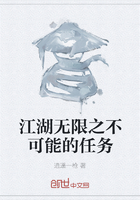THE island of Timor is about three hundred miles long and sixty wide, and seems to form the termination of the great range of volcanic islands which begins with Sumatra more than two thousand miles to the west. It differs however very remarkably from all the other islands of the chain in not possessing any active volcanoes, with the one exception of Timor Peak near the centre of the island, which was formerly active, but was blown up during an eruption in 1638 and has since been quiescent. In no other part of Timor do there appear to be any recent igneous rocks, so that it can hardly be classed as a volcanic island. Indeed its position is just outside of the great volcanic belt, which extends from Flores through Ombay and Wetter to Banda.
I first visited Timor in 1857, staying a day at Coupang, the chief Dutch town at the west end of the island; and again in May 1859, when I stayed a fortnight in the same neighbourhood. In the spring of 1861I spent four months at Delli, the capital of the Portuguese possessions in the eastern part of the island.
The whole neighbourhood of Coupang appears to have been elevated at a recent epoch, consisting of a rugged surface of coral rock, which rises in a vertical wall between the beach and the town, whose low, white, red-tiled houses give it an appearance very similar to other Dutch settlements in the East. The vegetation is everywhere scanty and scrubby. Plants of the families Apocynaceae and Euphorbiacea, abound; but there is nothing that can be called a forest, and the whole country has a parched and desolate appearance, contrasting strongly with the lofty forest trees and perennial verdure of the Moluccas or of Singapore. The most conspicuous feature of the vegetation was the abundance of fine fanleaved palms (Borassus flabelliformis), from the leaves of which are constructed the strong and durable water-buckets in general use, and which are much superior to those formed from any other species of palm. From the same tree, palm-wine and sugar are made, and the common thatch for houses formed of the leaves lasts six or seven years without removal. Close to the town I noticed the foundation of a ruined house below high-water mark, indicating recent subsidence. Earthquakes are not severe here, and are so infrequent and harmless that the chief houses are built of stone.
The inhabitants of Coupang consist of Malays, Chinese, and Dutch, besides the natives, so that there are many strange and complicated mixtures among the population. There is one resident English merchant, and whalers as well as Australian ships often come here for stores and water. The native Timorese preponderate, and a very little examination serves to show that they have nothing in common with Malays, but are much more closely allied to the true Papuans of the Aru Islands and New Guinea. They are tall, have pronounced features, large somewhat aquiline noses, and frizzly hair, and are generally of a dusky brown colour. The way in which the women talk to each other and to the men, their loud voices and laughter, and general character of self-assertion, would enable an experienced observer to decide, even without seeing them, that they were not Malays.
Mr. Arndt, a German and the Government doctor, invited me to stay at his house while in Coupang, and I gladly accepted his offer, as I only intended making a short visit. We at first began speaking French, but he got on so badly that we soon passed insensibly into Malay; and we afterwards held long discussions on literary, scientific, and philosophical questions in that semi-barbarous language, whose deficiencies we made up by the free use of French or Latin words.
After a few walks in the neighbourhood of the town, I found such a poverty of insects and birds that I determined to go for a few days to the island of Semao at the western extremity of Timor, where I heard that there was forest country with birds not found at Coupang. With some difficulty I obtained a large dugout boat with outriggers, to take me over a distance of about twenty miles. I found the country pretty well wooded, but covered with shrubs and thorny bushes rather than forest trees, and everywhere excessively parched and dried up by the long-continued dry season. I stayed at the village of Oeassa, remarkable for its soap springs. One of these is in the middle of the village, bubbling out from a little cone of mud to which the ground rises all round like a volcano in miniature. The water has a soapy feel and produces a strong lather when any greasy substance is washed in it. It contains alkali and iodine, in such quantities as to destroy all vegetation for some distance around. Close by the village is one of the finest springs I have ever seen, contained in several rocky basins communicating by narrow channels. These have been neatly walled where required and partly levelled, and form fine natural baths. The water is well tasted and clear as crystal, and the basins are surrounded by a grove of lofty many-stemmed banyan-trees, which keep them always cool and shady, and add greatly to the picturesque beauty of the scene.
The village consists of curious little houses very different from any I have seen elsewhere. They are of an oval figure, and the walls are made of sticks about four feet high placed close together. From this rises a high conical roof thatched with grass. The only opening is a door about three feet high. The people are like the Timorese with frizzly or wavy hair and of a coppery brown colour. The better class appear to have a mixture of some superior race which has much improved their features. I saw in Coupang some chiefs from the island of Savu further west, who presented characters very distinct from either the Malay or Papuan races. They most resembled Hindus, having fine well-formed features and straight thin noses with clear brown complexions.

